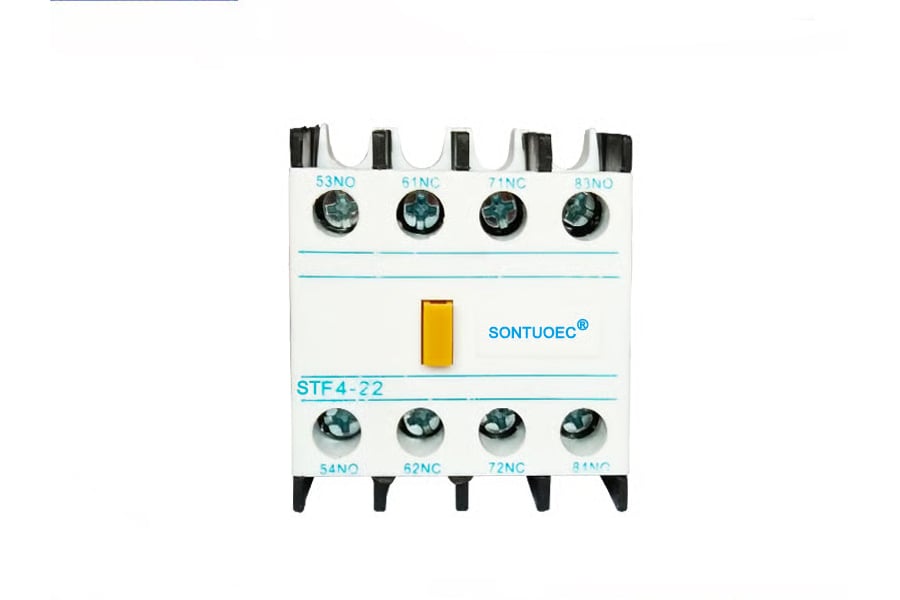Table of Contents

Introduction to New Type Contactors
New type contactors are essential components in electrical systems, responsible for controlling the flow of electricity. These contactors play a crucial role in ensuring the safe and efficient operation of various devices and equipment. One important aspect to consider when choosing a new type contactor is its mechanical life expectancy.
Understanding Mechanical Life Expectancy
Mechanical life expectancy refers to the number of operations or cycles that a contactor can perform reliably before it starts to wear out or fail. This is a critical factor to consider, especially in applications where the contactor is required to switch frequently or under heavy loads.
Factors Impacting Mechanical Life Expectancy
Several factors can influence the mechanical life expectancy of a new type contactor. These include the quality of materials used in its construction, the design of the contactor, the operating conditions it is exposed to, and the maintenance practices followed.
Quality of Materials
The quality of materials used in the construction of a new type contactor plays a significant role in determining its mechanical life expectancy. Contactors made from high-quality materials are likely to have a longer life span and perform more reliably over time.
Contactors Design
The design of the new type contactor also plays a crucial role in determining its mechanical life expectancy. Contactors with robust designs and innovative features are likely to withstand more cycles of operation without failure, compared to poorly designed contactors.
Operating Conditions
The operating conditions to which a new type contactor is exposed can have a significant impact on its mechanical life expectancy. Factors such as temperature, humidity, vibration, and electrical load can all affect the overall lifespan of the contactor.
Maintenance Practices
Regular maintenance and care are essential for prolonging the mechanical life expectancy of a new type contactor. Proper cleaning, lubrication, and inspection can help identify potential issues early on and prevent premature failure of the contactor.
Testing and Certification
Before selecting a new type contactor, it is essential to consider if it has undergone robust testing and certification processes. Contactors that have been certified to meet industry standards are more likely to have a reliable mechanical life expectancy.
Monitoring Mechanical Life Expectancy
It is crucial to monitor the mechanical life expectancy of new type contactors regularly. By tracking the number of operations performed and conducting periodic inspections, it is possible to predict when a contactor may need to be replaced.
Conclusion
In conclusion, the mechanical life expectancy of new type contactors is a critical factor to consider when designing and maintaining electrical systems. By understanding the factors that impact the life span of contactors and adopting best practices for maintenance and monitoring, it is possible to ensure the reliable operation of electrical equipment.
